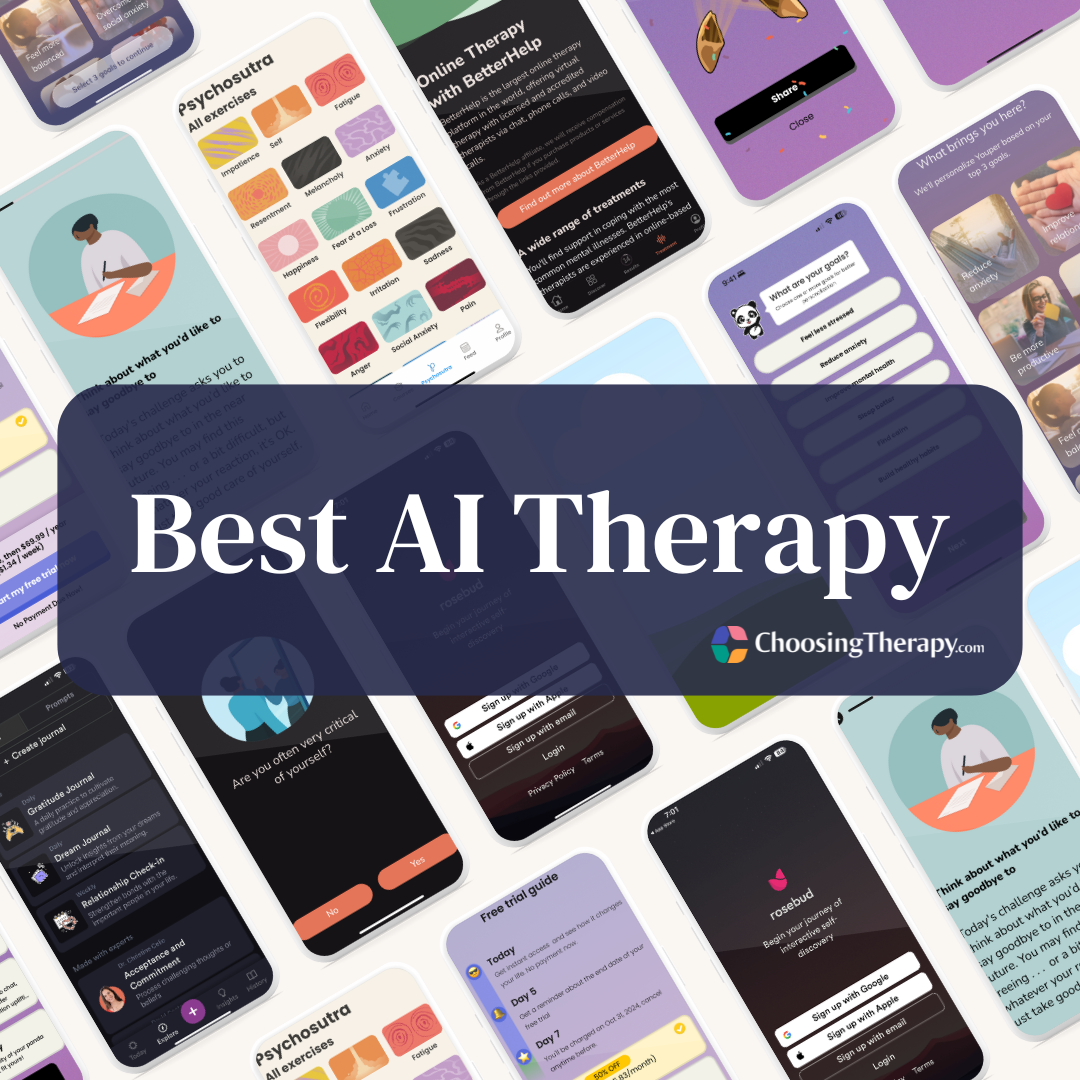Teen Boys Turn to AI for Therapy and Romance, Survey Finds
Teenage boys increasingly use AI for therapy and romance, offering accessible emotional support but raising ethical concerns.

Teenage Boys Increasingly Use Personalized AI for Therapy and Romance, New Survey Shows
A growing number of teenage boys are turning to personalized artificial intelligence (AI) tools for emotional support, therapy, and romantic companionship, according to recent research and surveys. This trend reveals a significant shift in how young people approach mental health and social connection, with AI companions offering a 24/7 accessible, non-judgmental outlet for their feelings and needs.
Survey Findings and Usage Patterns
A recent survey highlighted by The Guardian and corroborated by data from Common Sense Media shows that over 70% of teenagers in the United States have used AI companions at least once, with more than half engaging with these tools monthly. Among teenage boys, there is a notable inclination to use AI not only for casual conversation but also for therapy and romantic interaction. These AI platforms are often personalized, meaning they adapt to individual users' personalities and emotional states, creating a tailored experience that can feel deeply engaging and supportive.
Interestingly, about 31% of teenagers reported finding conversations with AI companions more enjoyable than those with their friends, suggesting that the AI’s availability and perceived understanding fill gaps in their social lives. This is particularly important for adolescent boys, who often face social pressures and stigmas around expressing emotions and seeking help for mental health challenges.
Why Teens Are Turning to AI for Emotional Support
Several factors contribute to this rising reliance on AI for emotional and romantic support:
- Accessibility: AI companions are available anytime and anywhere via smartphones, circumventing barriers like appointment scheduling, costs, or social stigma.
- Anonymity and Non-judgment: Teens can express thoughts and feelings freely without fear of judgment, which is crucial for those struggling with shame, loneliness, or awkwardness in real-world interactions.
- Personalization: Advances in AI enable these systems to learn from user interactions, offering responses that feel relevant, empathetic, and emotionally resonant.
- Social Isolation and Loneliness: With ongoing societal changes, including the impact of the COVID-19 pandemic, many teens experience heightened loneliness and reduced in-person socialization, increasing the appeal of AI companions.
Ethical Concerns and Regulatory Challenges
Despite the benefits, experts warn about the potential risks of teenagers relying heavily on AI companions for mental health and romantic needs. Psychologists and child welfare advocates highlight concerns such as:
- Emotional Dependence: Teens may develop unhealthy attachments to AI, potentially impairing real-world social skills and relationships.
- Data Privacy: AI platforms collect sensitive personal data, raising questions about confidentiality and usage.
- Misinformation and Harmful Advice: AI systems might provide inaccurate or harmful guidance due to limitations in understanding complex human emotions or situations.
- Lack of Regulation: Current regulatory frameworks, especially in the United States, are limited. There is broad consensus on the need for stronger federal regulations to protect adolescent users from potential harms, but progress remains slow.
Experts call for a public health-oriented regulatory approach that prioritizes child safety and emotional well-being while balancing innovation.
Broader Psychological Context
The American Psychological Association has noted that the rapid evolution of digital technologies, including AI chatbots, is reshaping youth friendships and social connections. Psychologists are actively researching how these technologies influence emotional development, social skills, and identity formation among adolescents.
While AI companions offer promising avenues for supporting youth mental health, professionals emphasize the importance of integrating these tools with traditional support systems such as human therapists, family, and peer networks to foster balanced emotional resilience.
Industry and Technology Developments
Leading AI platforms are increasingly incorporating natural language processing and machine learning to create more sophisticated, empathetic conversational agents. Some apps specifically target the teenage demographic, offering features like mood tracking, coping strategies, and even simulated romantic interactions. However, transparency about AI capabilities and limitations remains a critical area for improvement.
Visualizing the Trend
Images capturing this phenomenon include:
- Screenshots of popular AI therapy and companionship apps tailored for teenagers, showing chat interfaces with personalized AI avatars.
- Photos of teenage boys engaging with smartphones or tablets in casual settings, illustrating real-world usage.
- Infographics highlighting survey statistics on teenage AI companion usage and emotional support trends.
In summary, the use of personalized AI by teenage boys for therapy and romance is an emerging social and technological trend reflecting broader shifts in adolescent mental health care and social connection. While AI offers new opportunities for accessible emotional support, it also raises important ethical and regulatory questions that must be addressed to safeguard this vulnerable population.
References:
- "AI Companions Are Not Your Teen's Friend," Issues.org, 2025
- "Many teens are turning to AI chatbots for friendship and emotional support," American Psychological Association Monitor, October 2025
- The Guardian: Teenage boys using ‘personalised’ AI for therapy and romance, survey finds (2025)



